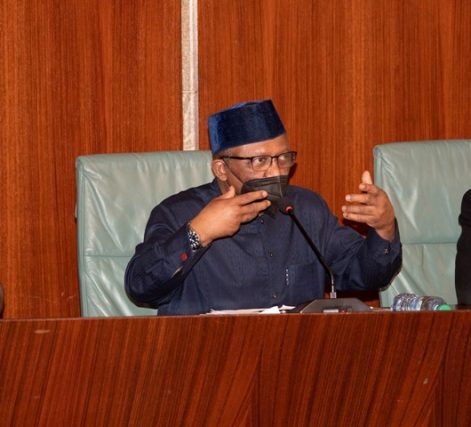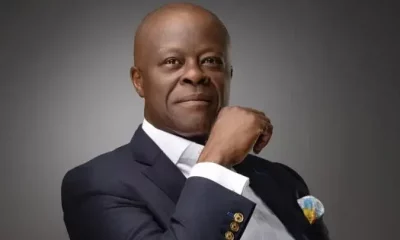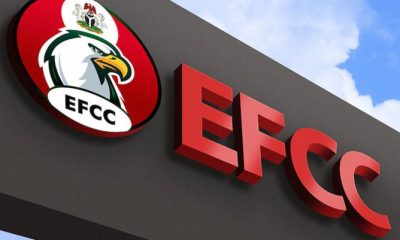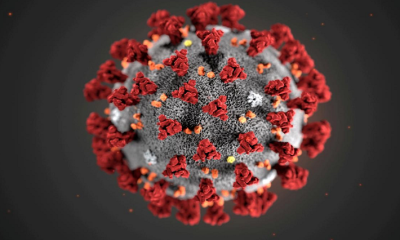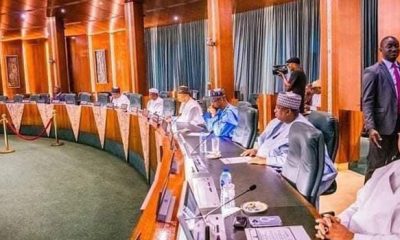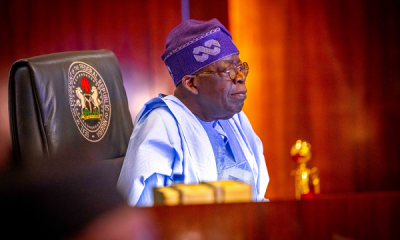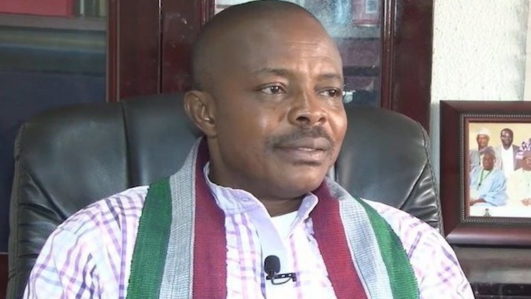The Federal Government has declared Lagos, Akwa Ibom and five other states COVID-19 Delta Variant Red Alert States.
Other States on the list are: Rivers, Oyo, Ogun, Ekiti, and the Federal Capital Territory, Abuja.
Nigeria’s Health Minister, Dr Osagie Ehanire, stated this on Thursday in Abuja at the weekly ministerial briefing organized by the Presidential Communications Team, led by Mr Femi Adesina, the Special Adviser to the President on Media and Publicity.
He said “Currently, the states that have the highest contribution to the national case load of COVID-19 are Lagos, Akwa Ibom, Rivers, Oyo, Ogun, Ekiti, and the Federal Capital Territory, Abuja.
“These are the ones we have called the red alert states because they require extra attention to contain the COVID-19 outbreak in those places.”
Ehanire said Nigeria was concerned about the Delta variant because “it is more transmissible and dangerous’’.
He added: “The country is particularly concerned about the Delta variant because it is much more transmissible and it has been estimated to be 60 per cent more transmissible, which means that where one virus of the previous variants would infect 100 people, this particular variant will infect 160 people and that is a lot.
“Secondly, this variant is also of concern because it affects even younger people. Before now we did say that younger people might likely get away or escape from the infection,
“We expect the vaccination from 18 years upward but this Delta variant attacks people and we did say that those who suffer most from the other variants are people who have underlying illnesses but this variant seems to care less.
“It does not discriminate too much whether you have underlying illnesses or not,” he said.
Ehanire noted that vigilance at the country’s borders had been fortified to check the importation of the disease to the country.
The Minister said the ravaging third wave Delta variant of COVID-19 could be defeated if all citizens play their part in the fight against the pandemic.
According to him, if everybody plays his/her role, such efforts put in by individuals and organizations will complement the national response by government.
He said: “If we work together, not only government, it also has to do with citizens, agencies and not the least, the media, we do have a good chance of scaling through this COVID-19 third wave threat.
“I want to thank all Nigerians for the support and participation so far, which has made this battle controllable.
“The successful implementation of the non-pharmaceutical interventions and public health measures since we started this vaccination and since this epidemic came in remains very important.
“Therefore, everyone has a role to play; government, citizens, media, partners, nongovernmental organizations, community based organizations, civil society organizations, traditional rulers, political leaders and community leaders all have a role to play in this collective effort.”
While giving the current status of the disease in the country, he said as at Aug. 11, the number of confirmed cases stood at over 179, 000.
“As at the Aug. 11, 2021, the government of Nigeria has confirmed the following statistics which by now may have changed a little bit; that the total number of confirmed cases is 179, 118, active cases are 10,783.
“The number of number of discharged cases, 166,144 and sadly the number of fatalities is 2194.
“So we have declared that Nigeria is officially in the 3rd wave of COVID-19 pandemic and as you know, it has already spread in many parts of the world mostly in India where it was first recognized spreading to other parts of the world and also Africa, including West Africa,” he said.

 News3 years ago
News3 years ago
 Entertainment2 years ago
Entertainment2 years ago
 News3 years ago
News3 years ago
 Privacy3 years ago
Privacy3 years ago
 Sports2 years ago
Sports2 years ago
 Entertainment2 years ago
Entertainment2 years ago
 News3 years ago
News3 years ago
 Opinion3 years ago
Opinion3 years ago
